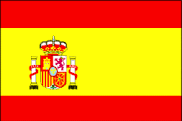
What Mari Learned from Alfred Nobel


Alfred Nobel

Emanuel Nobel, Alfred Nobel's favorite nephew
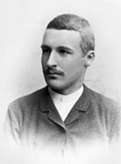
Ragnar Sohman, Aflred Nobel's 26 yr. old Assistant and Executor of his Will.
The passage in Alfred Nobel's Will regarding the [Nobel] Prizes was legally defective. Hence, it was almost impossible to implement the will. Alfred Nobel's favorite nephew, Emanuel, who lived in Russia, wanted Nobel's wishes to be respected. Emanuel told Ragnar Sohlman, executor of Nobel's will, about the Russian concept that the executor is "the spokesman of the soul" of the testator.
Warren Buffet and Bill and Melinda Gates advise the wealthy to do philanthropy


Warren Buffett. Image: Mark Hirschey/Wiki

Bill Gates. Image: Russell Watkins/DFID/Wiki
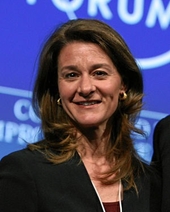
Melinda Gates. Image: World Economic Forum/Wiki
India is at the bottom of the list for philanthropy and at the top of the list for corruption. It is shameful that philanthropists from another country have to go to India to advise wealthy Indians to do philanthropy. The following is based on the true story of a family of three wealthy brothers making multiple attempts to murder their only sister, Mari, a woman wanting to do philanthropy. The brothers attempted to greedily grab her rightful share of their parents' and all their grandparents' property. This is a story about one woman's bravery and struggle to help others despite being confronted with hatred and violence. This story addresses attitudes that are far too common in India and other parts of the world.
Mari's Grandparents and Father


Philanthropic Grandmother deceased

Philanthropic Father deceased

Philanthropic Grandfather deceased

Philanthropic Grandmother deceased



The grandparents' and father's property was earned honestly and worth hundreds of millions of Indian rupees. They had a big beautiful house in the city; agricultural land; paddy fields, a house in the village; gold, silver, money, etc. They believed in the principles of equality, charity and philanthropy, and that wealth should be shared with those less fortunate.
Mari's Mother
Upon the death of Mari's father, the property had been transferred to the name of the mother. The mother favors her sons and denies her own daughter, Mari, her rightful share of the inherited property. The mother's belief is that the wealth should be given only to her sons and their families. She does not share her parents', husband's and mother-in-law's views.
She was raised by parents who had great love and respect for one another. The parents took excellent care of both sons and daughters, she included and raised their sons to respect their sisters.
Her husband believed in equality for women and education for all. Upon his sister dying at childbirth, he brought home her three little daughters who became members of his family.
Her widowed mother-in-law annually sold her paddy and distributed the money among family members. The mother-in-law believed in equality for all women. She divided her money equally, irrespective of gender, age and relationship, among her daughter-in-law, son's male and female children and deceased daughter's children, all female.
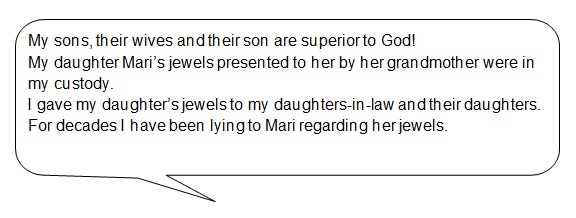

Despite the mother being taught about equal treatment for women, she adopted the prevalent culture of Indian society. This discriminatory culture costs society not only in humanitarian terms but has also cost India up to 4% of its economic growth.
Mari's evil brothers
The three brothers believe that they are superior beings. They greedily want Mari's property for themselves. The mother is a puppet in the hands of her sons. She signs anything and everything they tell her to sign.
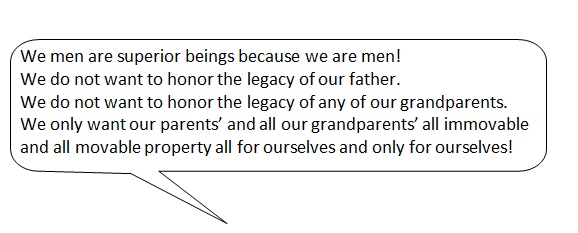

Brothers illegally sell father's agricultural land and greedily grab Mari's rightful share
While Mari was away in another city pursuing higher education, the brothers sold the father's agricultural land and greedily grabbed her rightful share of the property. Illegally they divided the land into plots for buildings and sold it for a great profit.

Mari
Mari, upon completing her education, returned home to her Father's house and commenced living in the partially constructed, vacant upper level of the house.

Brothers attempt to burn Mari with kerosene
Very late at night, the brothers attempted to burn Mari with kerosene. They thought this was their right because of their belief that being men, they were superior beings. The mother witnessed this horrible incident and did nothing.





However, Mari escaped. In the middle of the night she went to the police station and informed the police of what her brothers had done. The police sent the case to the Magistrate's Court. The following day, Mari's mother informed Mari that the police had come to the house when the latter was not at home. The mother also told Mari angrily, that later, the neighbor across the street had enquired as to why the police had come to their house. She said to Mari accusingly, "This is what you did!" Thereafter she repeatedly told Mari to withdraw the case in court. Of course Mari did not do so. Years later Mari was never contacted by the court about her case. Her brothers were never punished for their crimes. There was no justice for Mari.
Brothers want Mari dead
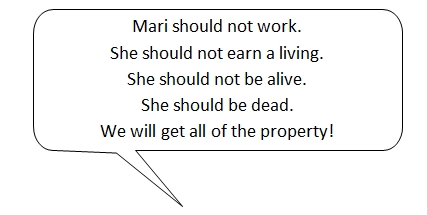

Brothers ceaselessly harass Mari
The brothers ceaselessly harassed Mari in innumerable ways such as urinating at her door step and cutting off her water supply. In the middle of the night, Mari had to carry water up the stairs from the back yard tap. The brothers attempted to stab her with a knife but again she escaped. Mari kept complaining to the police who did nothing.


Serial criminal assaults Mari
A woman who had been dismissed as a bank employee for misappropriation was a serial criminal and she had assaulted many people. She was a TV personality.





Exactly a year after the attempted kerosene burning, upstairs where Mari was living, this woman, aided by her daughter, assaulted her with a hammer. Downstairs was the brothers' household. Mari fought back and survived. Students from an educational institution across the street were coming out for lunch break. They nabbed the attacker with her weapon and held her until the police arrived. The police sent the case to the Sessions Court. Years later the case had not been resolved in the court and there was again no justice for Mari.
Mari commences learning martial arts for self-defense.
Mari commenced learning martial arts for self-defense.



It was obvious that the brothers conspired with the martial arts instructor to have Mari killed. Mari survived the instructor's murder attempts but she had to quit learning martial arts.
Brothers illegally sell Grandmother's paddy fields and house and greedily grab Mari's rightful share
The brothers sold their grandmother's paddy fields and house and greedily grabbed Mari's rightful share of the property. Once again Mari was denied her birthright. Mari had wanted to construct a school in the village in which there was no school.

The brothers continued to ceaselessly harass Mari.
Brothers send Mari's Horoscope to Astrologer
The Brothers discovered that there lived in New Delhi an astounding astrologer.
They sent him Mari's horoscope.

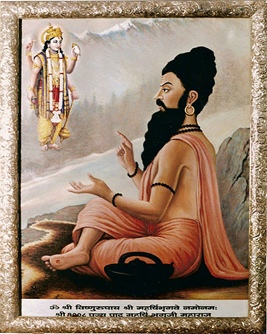
The astounding astrologer sent to the brothers a report regarding Mari: "This is a woman to mind her own work. She is not one to bother anybody. It is the people around her who ought to be all right."
Mari's dream to conduct scientific research
Mari's dream was to conduct scientific research. A scientifically advanced country needed her for such work. She has traveled to that country to conduct research. She felt that she could do more for others by contributing her knowledge for the betterment of all people. Mari hopes that her case can inspire other Indian women to demand equality in their lifetime.

Mari's pursuit to honor forebears and fulfill their wishes by doing philanthropy


Mari refused to be marginalized by her family or her culture. She was willing to tackle the issues that confront all people with philanthropy and concern for others. She was living out the advice given by Warren Buffett and Bill and Melinda Gates. Mari discovered an inspirational way for stating her thoughts regarding philanthropy when she read Alfred Nobel's biography. Her belief is manifested in the words of Emanuel Nobel. In addressing these issues, she was addressing the greatest dangers not only for women but for people all over the world in the 21st century.
- The End -
Discover Your Abilities and Aspirations!
 $10 $25 $50 $100 Other
$10 $25 $50 $100 Other
Tax Exempt 501(c)3 Non-Profit Organization
Any Currency
“…the peace that is found in libraries and laboratories…” - Louis Pasteur
Copyright © 2023 Ganga Library Inc. All Rights reserved.;













